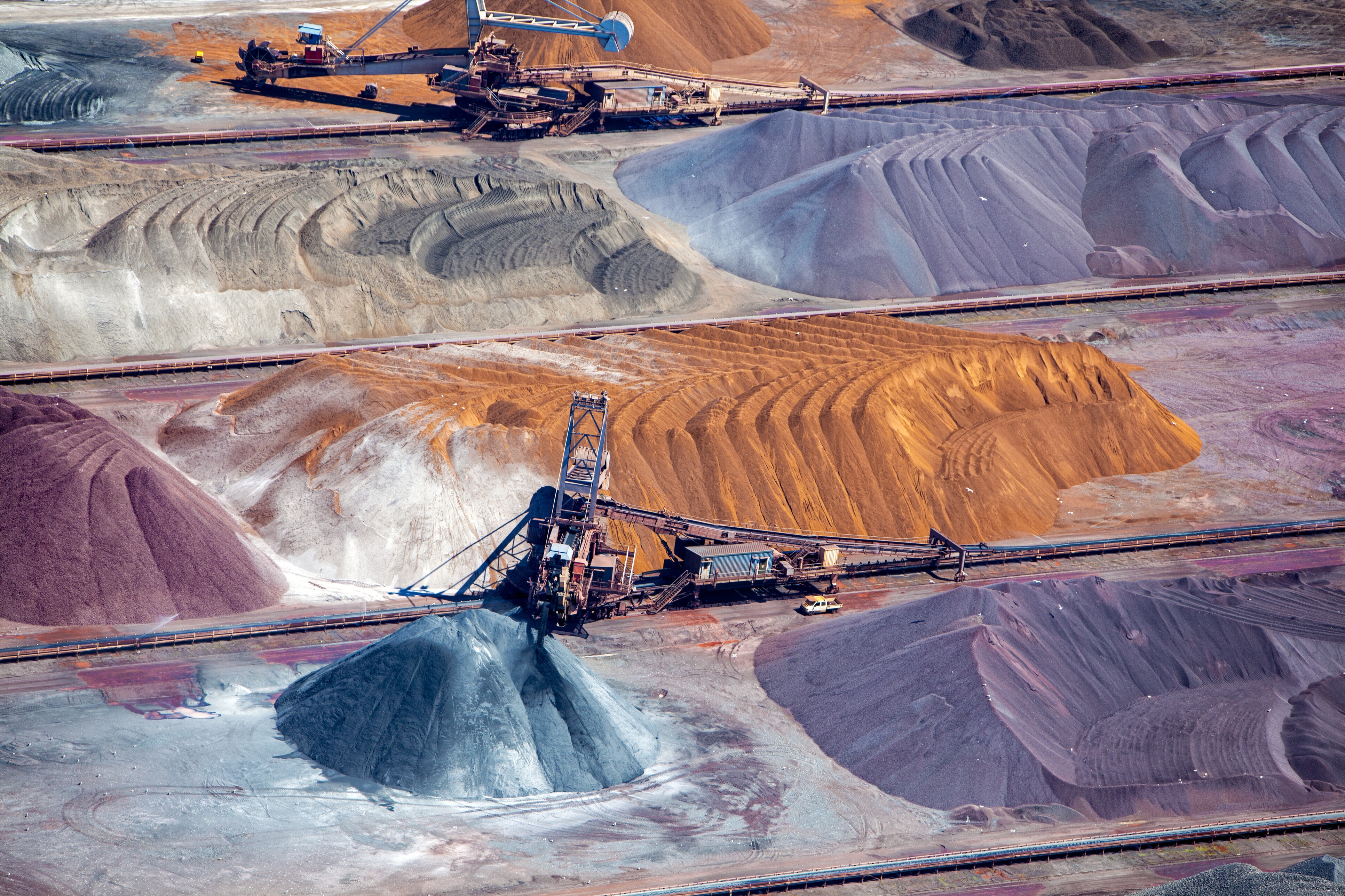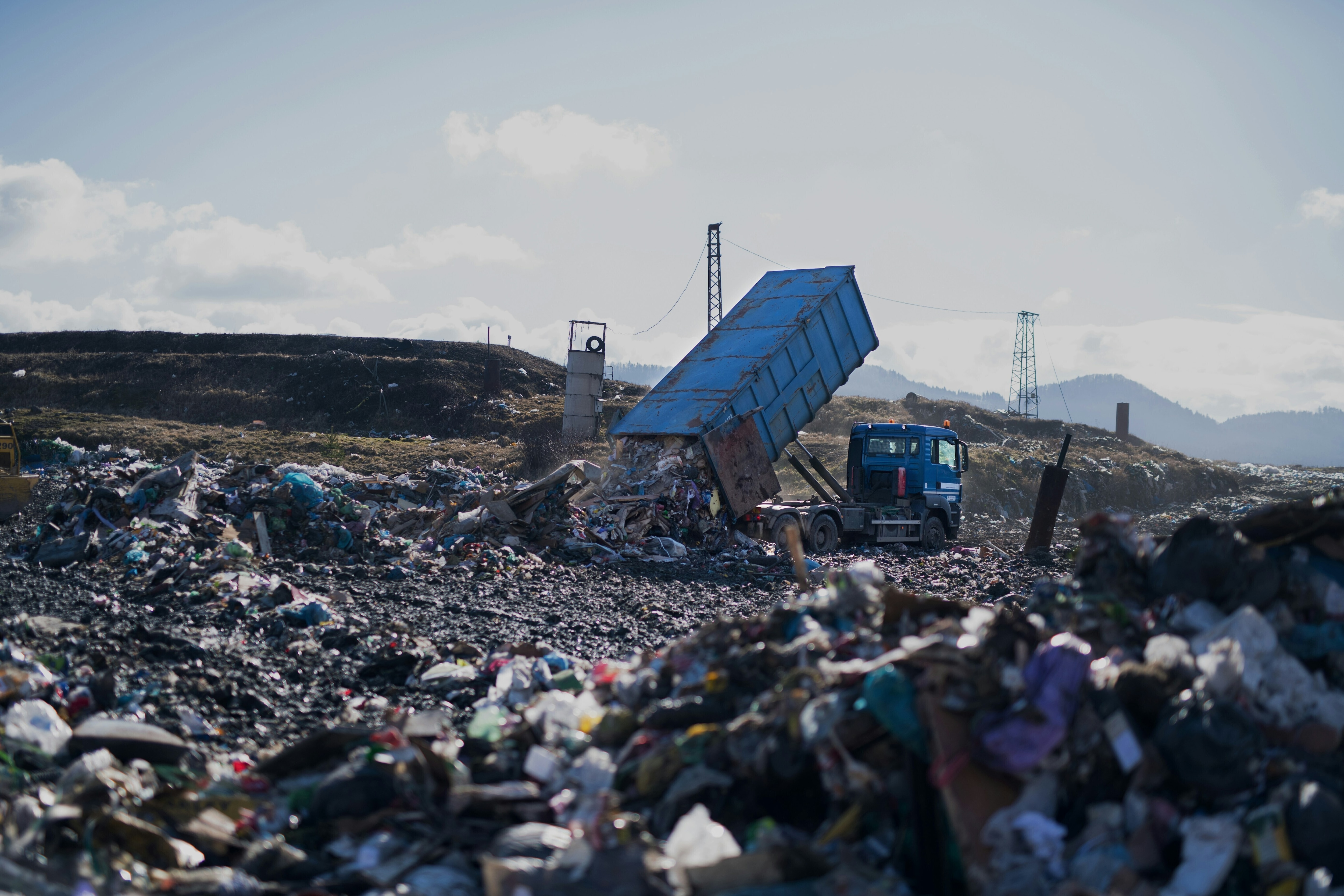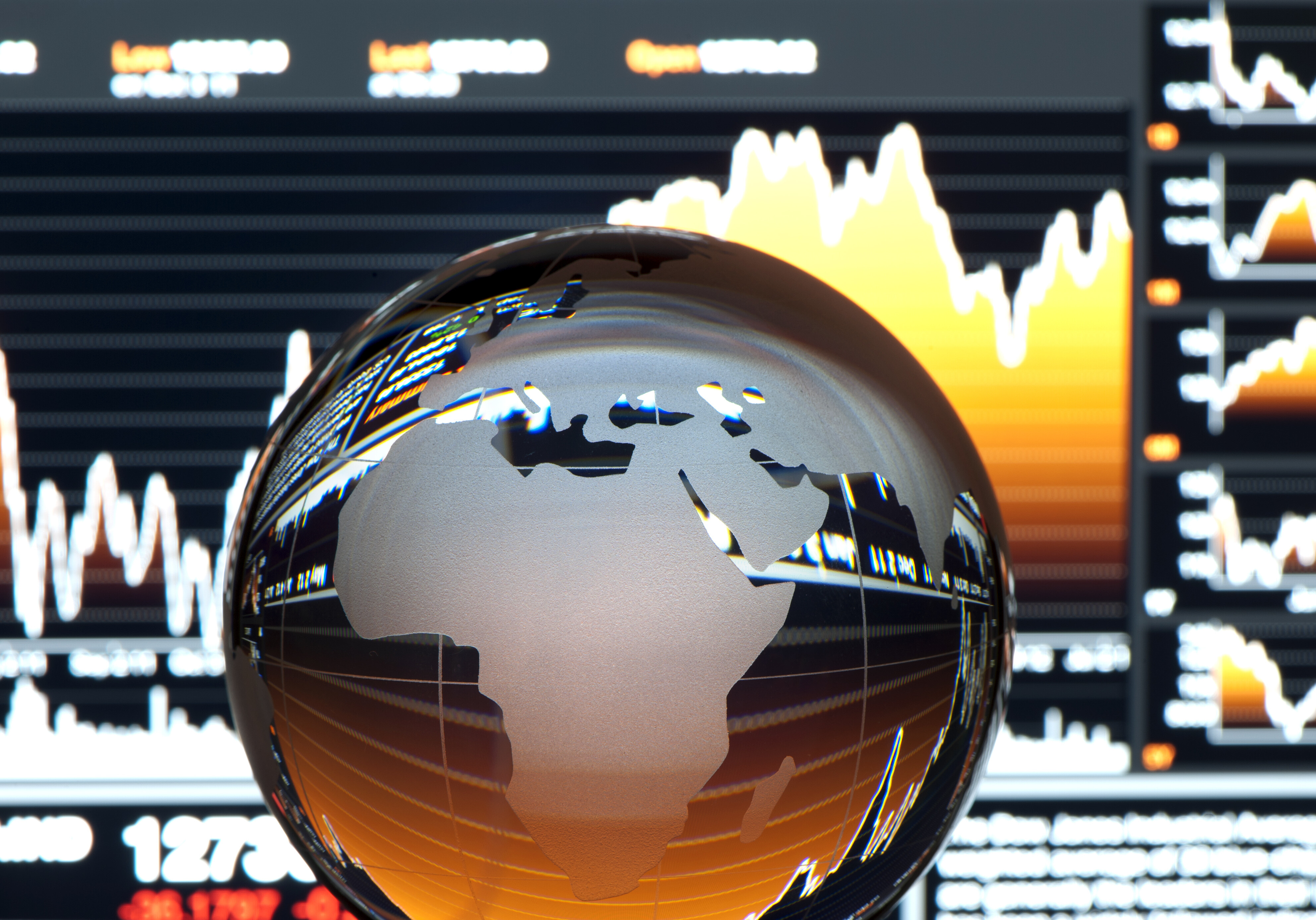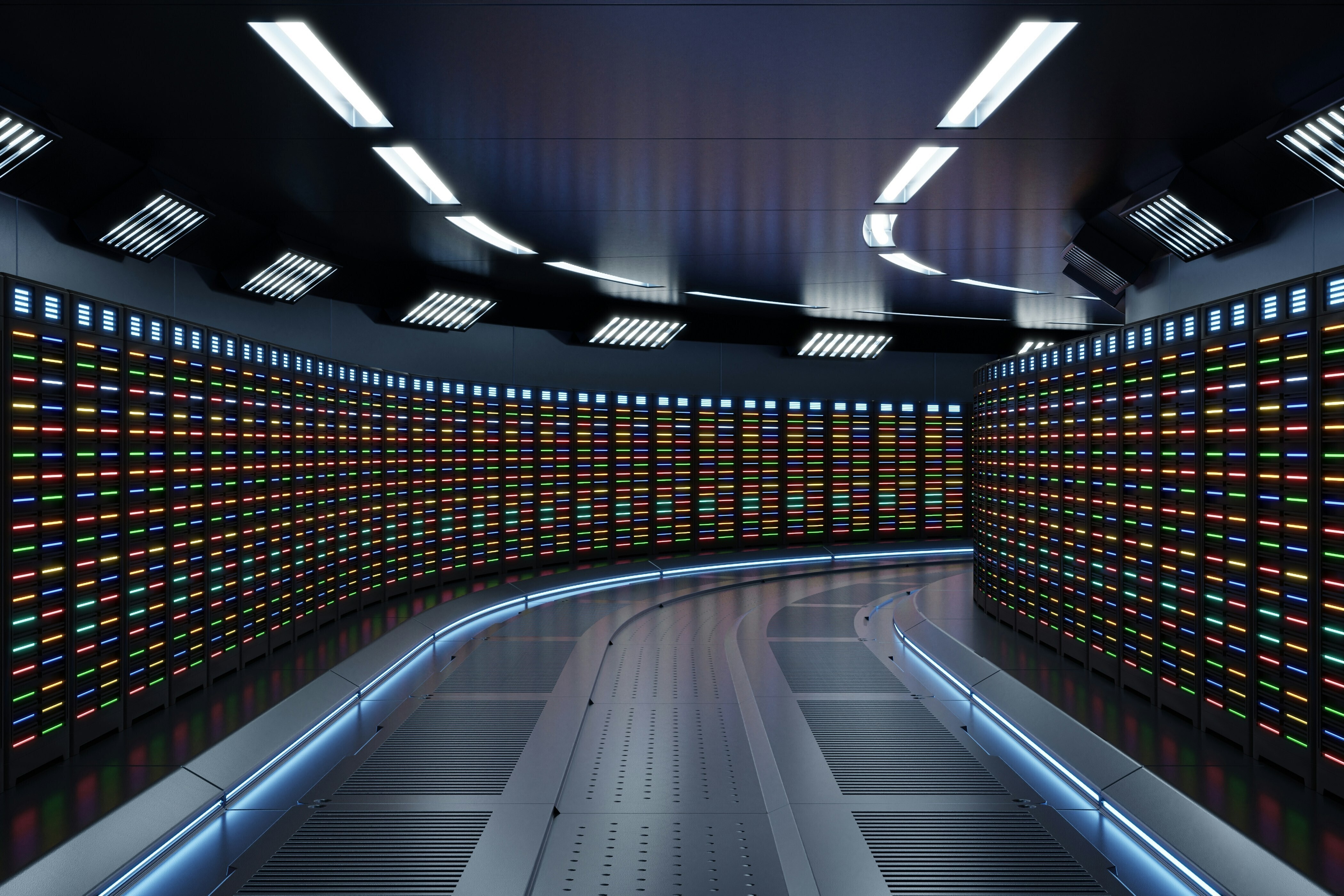Global plastics treaty talks may have stalled but there is still hope. Here’s why

The ongoing negotiations for a global plastics treaty have highlighted differing perspectives on its scope. Image: Reuters/Monicah Mwangi
- High-level negotiations on striking a 'Paris treaty for plastics' may recently have stalled, but global efforts to tackle plastic pollution continue.
- Clemence Schmid, Director of the Global Plastic Action Partnership, spoke to Radio Davos about what happened to the talks in Busan, South Korea.
- Listen to the podcast here, on any podcast app via this link or YouTube.
“I think society as a whole, we’ve become kind of addicted to plastic, probably unintentionally.”
Six million tonnes of plastic leak into the ocean each year – that’s the equivalent of one garbage truck a minute. The leakage into land is twice that.
Have you read?
Given the enormity of that figure, it is hardly surprising that many were hoping to see a deal struck on a 'Paris treaty for plastics' at recent high-level talks on tackling plastic pollution. But the negotiations in Busan, South Korea, stalled without agreement and countries will reconvene in 2025.
Among those at the talks was Clemence Schmid, Director of the Global Plastic Action Partnership (GPAP), the World Economic Forum’s initiative to combat plastic pollution. She tells Radio Davos that she hasn’t given up hope on a global plastics treaty eventually being struck.
Here are the key points of her interview.
460 million tonnes of plastic produced each year
“To give you an idea of the size, an idea of the magnitude, it’s about 460 million tonnes of plastic which are produced every year, about half of that volume is designed to be used only once,” says Schmid.
By this she means single use, or short lived plastics. “Think about the cup of water you might be taking at a dispenser just to drink a sip of water and that would be discarded afterwards,” she explains.
“And part of the problem that we are trying to address is currently only 9% of the plastic that we’re using is being recycled, which means the vast majority of it is being discarded. So it’s being wasted and leaks into the environment.
“This is about 6 million tonnes of plastic every year that leaks into the ocean. To give you an idea, this is the equivalent of one garbage truck per minute. And when you’re talking about leakage into land, this is twice that amount.”
What happened at the ‘global plastics treaty’ talks
To understand what happened – or didn’t happen – in Busan, we need to rewind back a couple of years to the 2022 United Nations Environment Assembly (UNEA).
During this, the UNEA adopted a resolution to create an international instrument to end plastic pollution, including in the marine environment, something which was supposed to happen in two years. It set up an international negotiating committee (INC) that would meet every six months – and INC-5 in Busan should have been the last negotiation round.
However, after a week of talks, negotiators failed to resolve divisions over whether an agreement should be a commitment to limit production and phase out harmful chemicals, or just focus on reducing plastic waste.
Schmid said that two years was, from the outset, a very ambitious timescale – particularly as it was arguably one of the biggest negotiations at international level since the 1992 ‘Earth Summit’ in Rio de Janeiro, which established the United Nations Framework Convention on Climate Change (UNFCCC).
“So you can imagine five rounds on something that was supposed to be legally binding, something that is going to be legally enforced across every single country… given the national context, that was extremely ambitious.”
The final scope of what will hopefully one day be a global plastics treaty is one of its stickier points but there is, she says, broad agreement and a “common understanding and willingness” to end plastic pollution.
“On the ‘what’, there’s a lot of alignment. On the ‘how we do this’, this is where you start seeing the divergence.”
A ‘full lifecycle’ or ‘waste management’ plastics treaty?
The ongoing negotiations for a global plastics treaty have highlighted differing perspectives on its scope. Some stakeholders advocate for a comprehensive approach that addresses the entire lifecycle of plastics - from production and design to disposal and recycling—aiming to tackle the root causes of plastic pollution. Others propose focusing primarily on waste management strategies that deal with plastics post-consumption. Those differing views will need to be clarified and agreed upon to deliver a treaty at INC-5.2.
"Only 9% is recycled, so there’s probably things that we can do better as a society at large to actually retain that material into the economy," says Schmid.
However, before dismissing the stalled talks as a failure, Schmid says that it’s important to look at how much progress negotiations have already made. “We’ve gone a long way from where we started.”
Accordingly, she isn’t surprised about the “going back and forth” as it’ll help the world get to where it needs to be on plastics.
“I think we’re crystallising the discussion on exactly the point, which is we – all of us as a society, as individuals – consume a lot of plastic, for very good reason sometimes, sometimes for probably something which is more convenience-based.
“And we all need to get thinking about… what are the plastics that are needed? What are the ones that we should keep using? What are the ones that can be potentially avoidable?”
A global plastics treaty ‘will change daily life’
While a final agreement on tackling plastic pollution has yet to be made – an INC-5.2 meeting is scheduled for 2025 – any outcome will inevitably impact individuals’ daily lives and how companies handle business.
Indeed, efforts to limit plastic production and use are already mandatory in many countries. The European Union, Kenya, Rwanda, Bangladesh and the US state of New York are among the countries and regions that have already banned or set charges for single-use plastic bags, for example.
However, such rules would be even more effective if spread more widely and more uniformly. “We’re also asking from a company point of view, that will also help what are today’s global supply chains. Some of those changes will impact product design. It is much simpler to handle if the regulations are harmonised at a global level.”
What is the World Economic Forum doing about plastic pollution?
Key to tackling plastic pollution will be the circular economy – a sustainable model where plastics are reused and recycled at the end of their lifespan to keep them in circulation for longer – and Schmid thinks we should see this as an opportunity and not a challenge.
“We often approach change as being something negative, as being something that’s going to have bad consequences. But change can be positive. Change can spark opportunities, new job creation, improvement of job creation,” she explains.
“I don’t want to make too strong a statement, but I would say any job is better than picking waste on a dump site.”
Check out all our podcasts on wef.ch/podcasts:
Don't miss any update on this topic
Create a free account and access your personalized content collection with our latest publications and analyses.
License and Republishing
World Economic Forum articles may be republished in accordance with the Creative Commons Attribution-NonCommercial-NoDerivatives 4.0 International Public License, and in accordance with our Terms of Use.
The views expressed in this article are those of the author alone and not the World Economic Forum.
Stay up to date:
Circular Economy
Forum Stories newsletter
Bringing you weekly curated insights and analysis on the global issues that matter.
More on Circular EconomySee all
Jack Barrie
December 15, 2025







